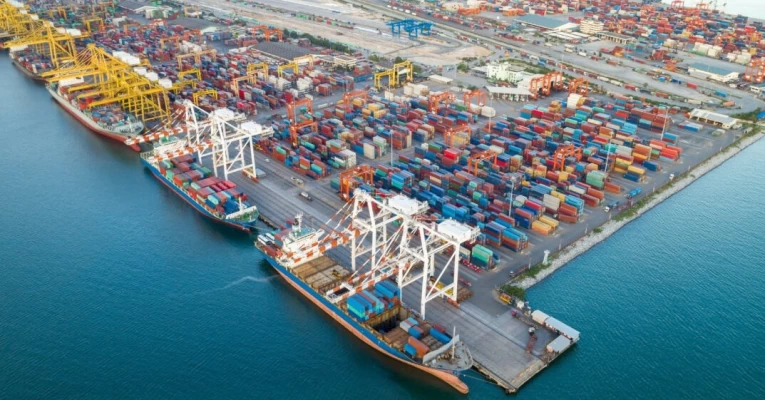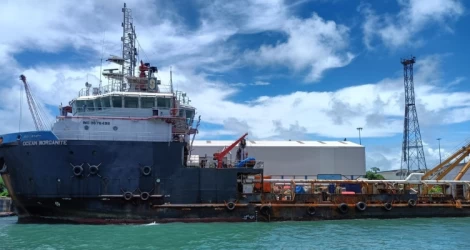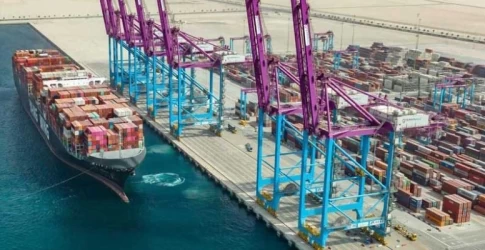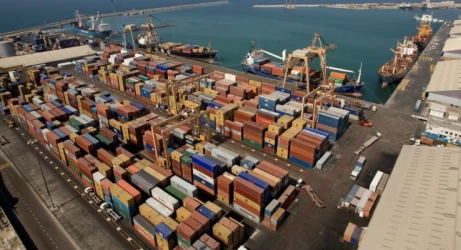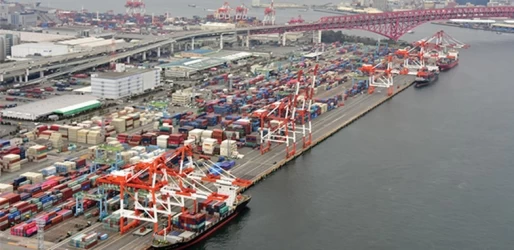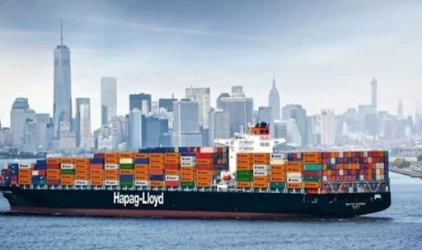Sea Freight at Pasir Gudang Port
Pasir Gudang Port, located in Johor, Malaysia, is a significant hub for sea freight in Southeast Asia. Established in 1977, it has grown to become a vital part of Malaysia’s maritime infrastructure, handling a diverse range of cargo and facilitating international trade. This article delves into the various aspects of sea freight operations at Pasir Gudang Port, highlighting its facilities, services, and strategic importance.
Historical Background
Pasir Gudang Port, also known as Johor Port, was constructed in 1977 and began operations in 1979. Initially managed by the Johor Port Authority, it was privatized in 1995 and is now operated by Johor Port Berhad, a subsidiary of MMC Corporation Berhad. Over the years, the port has expanded its capabilities and infrastructure to meet the growing demands of global trade.
Facilities and Infrastructure
Pasir Gudang Port boasts a comprehensive range of facilities designed to handle various types of cargo efficiently. Key features include:
- Container Terminals: The port has a container terminal with an annual capacity of 1.5 million twenty-foot equivalent units (TEUs). It is equipped with eight container cranes, including five Post-Panamax cranes, and 26 transfer cranes.
- Bulk Cargo Handling: The port is well-equipped to handle both liquid and dry bulk cargo. It has specialized facilities for edible oils, petroleum products, and other bulk commodities. The port’s depth of 13.8 meters allows it to accommodate large dry bulk carriers up to 60,000 deadweight tones (DWT).
- Warehousing: With 70,000 square meters of warehouse space, the port provides ample storage for containerized cargo. Additionally, it has dedicated storage for edible and non-edible products, ensuring safe and efficient handling.
- Rail Connectivity: A dedicated rail depot connects the port to the national rail network, facilitating seamless transportation of goods to and from the port.
Services Offered
Pasir Gudang Port offers a wide range of services to support sea freight operations, including:
- Freight Forwarding: The port provides comprehensive freight forwarding services, including customs clearance, inland transportation, and warehousing.
- Logistics: Johor Port Berhad operates logistics subsidiaries that offer internal haulage, storage, and logistics services across Malaysia and into neighboring Singapore.
- Container Handling: The port handles both full container loads (FCL) and less-than-container loads (LCL), catering to various shipping needs.
Strategic Importance
Pasir Gudang Port plays a crucial role in Malaysia’s economy and international trade. Its strategic location near the Strait of Malacca, one of the world’s busiest shipping lanes, makes it an essential gateway for maritime trade in the region. The port’s ability to handle a diverse range of cargo, from containers to bulk commodities, enhances its significance as a multi-purpose port facility.
Future Prospects
Looking ahead, Pasir Gudang Port is poised for further growth and development. Plans for expanding its capacity and enhancing its infrastructure are underway to meet the increasing demands of global trade. The port’s commitment to innovation and efficiency ensures that it will continue to be a key player in the maritime industry.
Connecting Malaysia and Iran: The Vital Role of Sea Freight via Pasir Gudang Port
Sea freight between Pasir Gudang Port in Malaysia and Iran is a vital link in international trade, facilitating the movement of a wide range of goods. This route supports the export of Malaysian products such as palm oil, electronics, and machinery to Iran, while enabling the import of Iranian goods like petrochemicals, carpets, and agricultural products. The strategic location of Pasir Gudang near the Strait of Malacca, combined with its advanced facilities and efficient logistics services, ensures reliable and timely shipping. This connectivity not only strengthens economic ties between the two countries but also contributes to the broader regional trade network.
Conclusion
Pasir Gudang Port stands as a testament to Malaysia’s maritime capabilities and its strategic importance in global trade. With its state-of-the-art facilities, comprehensive services, and strategic location, the port is well-positioned to support the growing demands of sea freight and contribute to the region’s economic growth.
if you have a specific question or need more details about Pasir Gudang Port, Iran's logistics experts are your answer!

